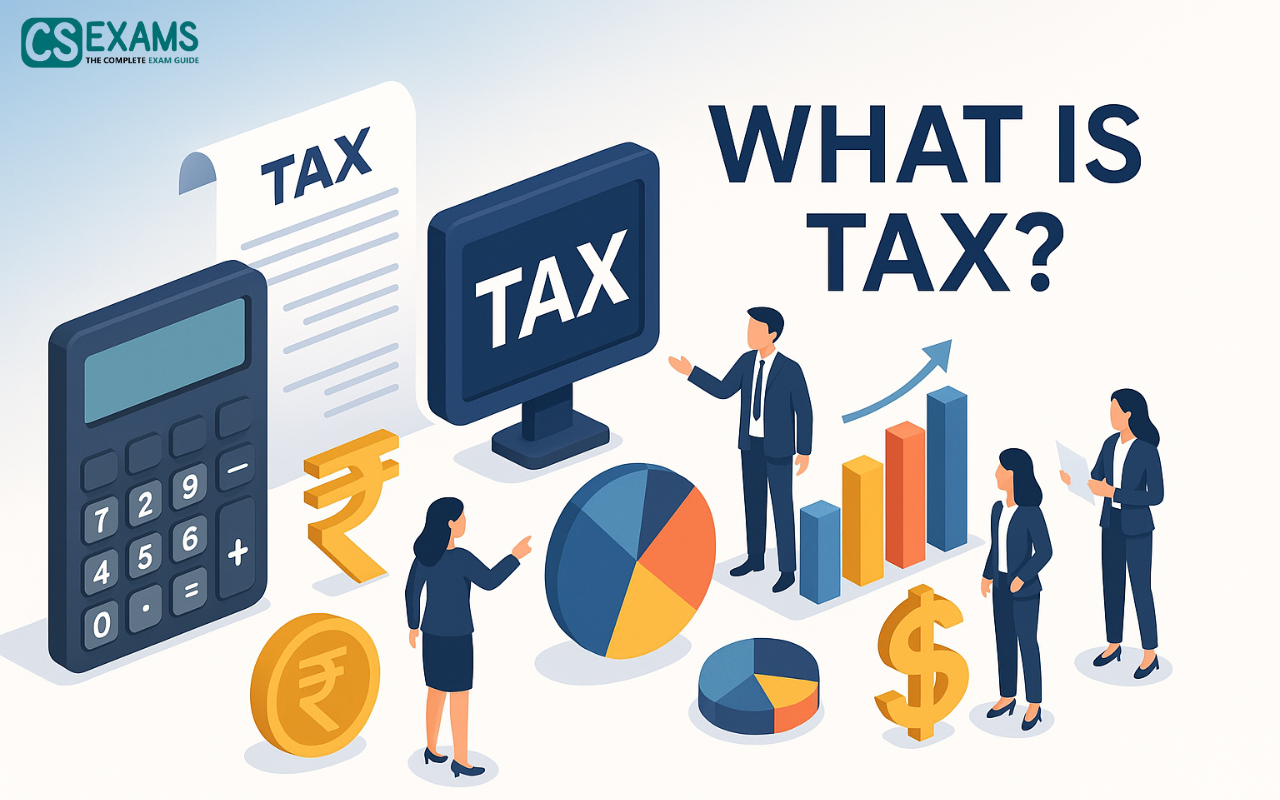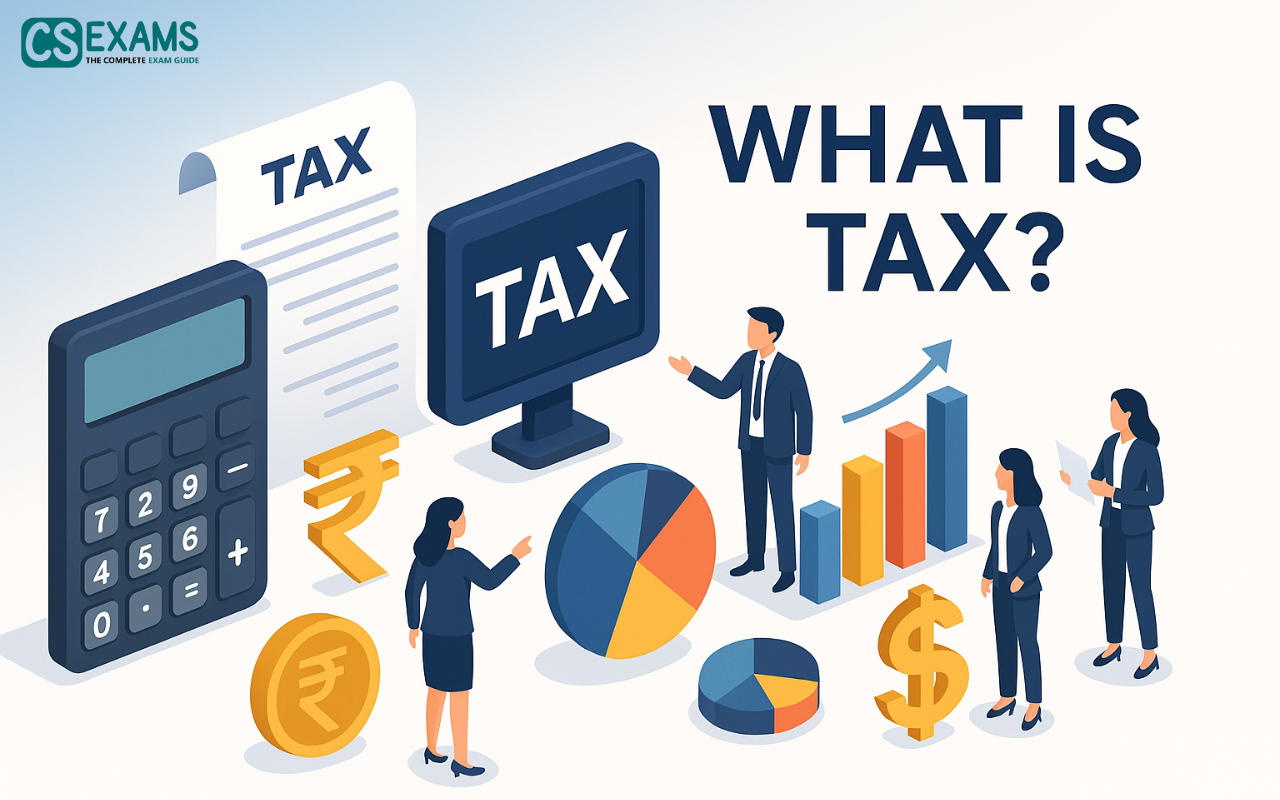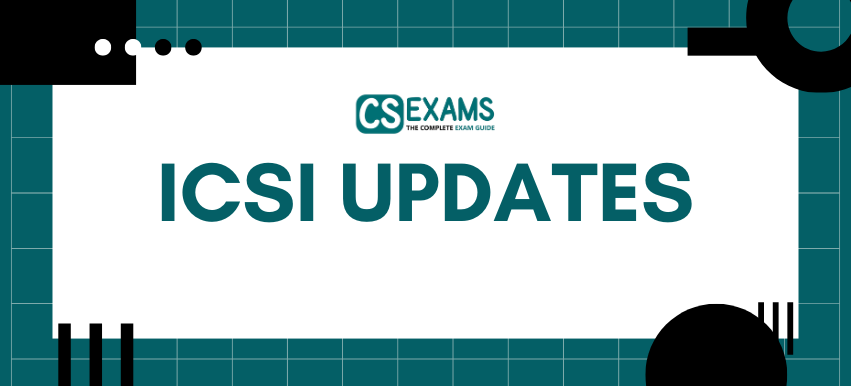Taxes are the backbone of each solid economy in a country. They assist in financing roads, education, medical issues, and assistance for those in need. However, calculating your taxes is daunting. Do not worry! This guide is here to help you! This guide will demystify tax fundamentals in a clear, understandable manner for people in India, so you can pay your share and enjoy the benefits of a great tax system.
Meaning of Tax
A tax is a compulsory financial contribution imposed by the government on individuals or organizations (taxpayers). It collected revenue in the form of lifeblood to finance various government initiatives. It is similar to a collective contribution towards the creation of a better nation.
Here is an analogy: imagine a society living in a large apartment complex. To maintain normal areas such as the lift, hallway, and security, everyone contributes a share of expenses. Similarly, you contribute to maintaining and developing infrastructure and services that benefit everyone in the country.
Types of Taxes in India
The Indian tax system is broadly categorized into two parts: direct tax and indirect tax.
Enroll Now for CS CoursesDirect Tax
Direct tax is levied directly on the income of an individual or organization. These taxes are assessed on your taxable income, which is any exemption allowed by your total income from the zero law. Here, take a close look at some general direct taxes in India:
- Income Tax (IT): This is the most famous direct tax, which is levied on various sources such as salary, investment, rental income, and commercial profits. The tax rate varies depending on your income slab.
- Capital Gains Tax (CGT): This tax applies to the benefits earned from the sale of property, or property-like property, stock, or mutual funds held for more than a specific period. The tax rate for capital gains may vary from the income tax rate.
- Corporate Tax (CT): Tax imposed on net profit earned by companies registered in India. The current corporate tax rate is subject to change based on government policies.
Indirect Tax
Indirect taxes are levied on goods and services at different levels of production, distribution, and consumption. The taxes are usually "buried" in the final cost of a product or service that you pay for. There are a few typical forms of indirect taxes in India:
- Goods and Services Tax (GST): A wide indirect tax was levied on the supply of most goods and services. It has changed a crowd of earlier indirect taxes to simplify the tax structure.
- Central Excise Duty (CED): Although now not a major tax source, CED is still imposed on the production of some goods within India, such as manufactured tobacco products.
- Customs: A Tax imposed on imported goods entering the country
Other Tax
Aside from the two primary types of direct and indirect taxes, there exist further taxes with special conditions applicable in particular circumstances:
- Property Tax: An annual tax imposed by local municipalities on the ownership of property. The rate of tax and evaluation processes may vary depending on the area and type of property.
- Wealth Tax (Repealed): Previously charged on the net wealth over a specified amount, the Wealth Tax has been repealed in India with effect from March 31, 2015.
Concepts of Tax
Taxation is based on basic tax concepts that guide its administration and application. Here are some important words and their importance:
- Taxable income: After implementing deduction and exemption, part of your earnings is subject to tax.
- Tax deduction: A specific expenditure, such as an education loan, housing loan, or life insurance policy premium, that reduces your taxable income.
- Tax exemption: Income or transaction made out of taxation, like agricultural income in India.
- Tax Credit: Direct deduction in your tax liability, such as a discount under Section 87A.
- Progressive Taxation: A system where high-income individuals pay a higher percentage of their income as their income increases.
Understanding these tax concepts helps individuals and businesses to follow the laws by reducing tax outgo.
Benefits of Taxes for Government
A strong tax system is important for the development of a nation. Taxes provide the government with the means to fulfill its main responsibilities, eventually benefiting every citizen. Here is the breakdown of some of the major benefits of taxes:
- Financing of public services: Education, health services, national defense, police, and other essential services rely very much on tax revenue. These services ensure the security, welfare, and overall development of the nation.
- Construction infrastructure: Roads, bridges, transport systems, and public utilities are funded through all taxes. Proper infrastructure is important for economic development and a better quality of life.
- Promoting social welfare: Taxes helped social security programs for senior citizens, poverty alleviation schemes for deprived sections, and essential items like food and fuel.
- Regulating the economy: The government can affect economic activity by adjusting tax rates and introducing specific taxes. For example, low taxes in some industries can be used to encourage their growth.
Why Is It Important to Pay Taxes on Time?
Paying taxes on time is not just a legal obligation; this is the progress of the nation and your own good. There are some compelling reasons for being a responsible taxpayer here:
- Avoid punishment and interest: Delay in tax payment attracts a punishment and interest fee, which increases your financial burden significantly. The government imposes strict punishment for late tax filing and payment.
- Opt for Government Benefits: Good tax compliance is very important for availing government benefits like loans, subsidies, and any kind of scheme etc. Filing taxes on time reflects your sense of responsible citizenship.
- Contribute to Development: Your contributions in terms of taxes help contribute to a better future for you and coming generations. By paying your taxes, you contribute to the development of the country as a whole and make life better for all.
- Peace of Mind: Avoidance of tax problems brings peace of mind and saves you from possible legal intricacies. Following the due dates and submitting the correct returns saves you from unwanted stress and troubles.
How Does Taxation Work?
In India, the amount of tax you pay depends on your income level during the financial year, which is classified into the income slabs. The government uses these slabs to determine tax rates, which differ for individuals and corporations. In addition, specific types of income are taxed under unique conditions depending on different or their nature. Indian tax law classifies income into five different categories, known as the head of income:
- Income from salary: This includes other forms of regular remuneration earned through wages, bonuses, and employment.
- Income from home property: References to the income earned by being a residential or commercial property.
- Income from business or profession: the benefits generated by running a business or practicing a profession.
- Income from capital gains: Earnings from selling assets like stock, bonds, or real estate.
- Income from other sources: Interest, dividends, lottery wins, and gifts include diverse income
Motive of Taxation
The charge of taxes only fulfills many objectives beyond revenue creation:
- Revenue Creation: To finance the functioning of the government and its developmental projects.
- Economic stability: Taxes help control inflation and deflation by regulating individuals.
- Related to funds: Through progressive taxation, funds are raised to promote economic equality.
- Regulation of consumption and production: Taxes on harmful items (e.g., tobacco, alcohol) discourage their consumption.
Promotion of social welfare: Tax revenue is used for social programs like public healthcare, education, and welfare schemes.
Why Choose CS Exam Test Series for CS Preparation
When it comes to preparing for the hard CS exams, choosing the right test series can make all the difference. csexams.in has emerged as a trusted and result-oriented platform for CSEET, Executive, and Professional-level aspirants. Here's why it should be your first choice:
- Trusted by Thousands of CS Aspirants: csexam has built a strong reputation among CS students for its consistent quality and excellent student feedback.
- ICSI Pattern-Based Question Papers: All tests are strictly based on the latest ICSI exam pattern and syllabus, ensuring real exam-like practice.
- Timely Evaluation with Expert Feedback: Get your answers evaluated within 48–72 hours along with detailed feedback, a marking scheme, and improvement tips.
- Personalized Mentorship & Study Planner: Get personalized mentorship, performance tracking, and a daily study plan customized to your syllabus completion pace.








